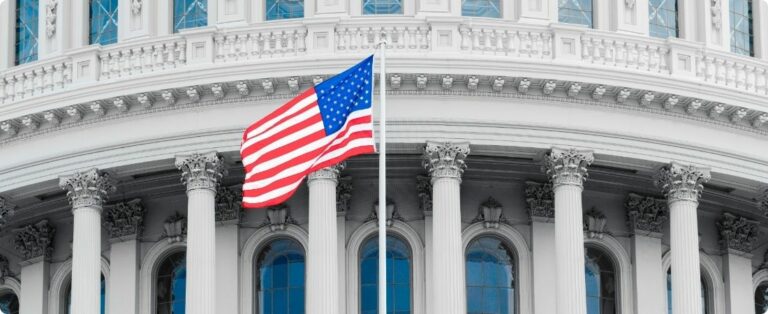The promotion of the green economy – which reconciles development, the environment and poverty reduction – involves coordination between governments, civil society and companies. This was the conclusion of the participants of the 1st Regional Ministerial Conference of the Americas on the Green Economy, which ended this Wednesday (26) in Fortaleza, after two days of discussions and lectures, reports “Agência Brasil”.
After the end of the debates, the countries of Latin America and the Caribbean approved a joint document with commitments to boost sustainable development on the continent. The final text will only be published next week, but the preliminary version contains 22 suggestions.
The recommendations are distributed across four axes: creating transition policies and a legislative environment for a green economy model, promoting the use and scaling up of innovative technologies, increasing the role of green financing to ensure sufficient resources for sustainable development and training society for development actions at national level.
Suggestions
Among the suggested actions are the use of indicators from the Organization for Economic Cooperation and Development (OECD) to measure progress in transition policies to the green economy, the integration of new technologies from the green economy to the blue economy (which does not destroy seas) and the 17 United Nations sustainable development goals and the detailed monitoring of policies and incentives so that they can be adjusted.
The document also recommends updating the tax system to facilitate access to innovative technologies, coordination between government, civil society, companies and consumers to create a positive environment for innovations and changing the culture of private investors through new investment tools. green financing, such as carbon credits (purchasing rights to pollute in exchange for financing socio-environmental projects) and green bonds (bonds for sustainable development projects).
The text defends the inclusion of social parameters in the cost-benefit analysis of projects and investment in training agents in society – governments, civil society and companies – for sustainable development.
Assessment
Regional coordinator of the United Nations Office for South-South Cooperation and member of the World Organization for the Green Economy, Ukrainian diplomat Edem Bakhshish defended the massive dissemination of the green economy agenda as a means of escaping what he classified as a false dilemma between development and environment. “For substantive change to move forward, people need to remove differences. It is important to talk and make them understand the benefit of the green economy, that adhering to sustainable practices does not deprive them of opportunities. In fact, it opens up perspectives”, he said in an interview with “Agência Brasil”.
Regarding the panorama of the green economy of the American continent, Bakhshish explained that Latin America and the Caribbean have an impressive potential to promote sustainable development, mainly through well-managed agriculture, extractivism and tourism. He, however, said that the distribution of good practices is still heterogeneous in the region, with small countries very advanced, while others are still beginning the transition to the green economy.
“The advantage is that countries in the region are willing to learn from their peers, especially because this region is advanced in South-South cooperation (cooperation between developing countries)”, he commented. He added that, in some countries in Latin America and the Caribbean, the green financing market has managed to finance successful projects on a national scale.
Schedule
Brazilian organizer of the event, the president of the Brazil Africa Institute, João Bosco Monte, said that the conference provided important lessons for the country. “Brazil cannot give up on an agenda built over time. We learned here that countries that remain willing to continue dialogue are moving forward. It is very hard work to negotiate an agenda for the environment. Passions cannot be placed over people's individual or ideological interests. Sustainability, the environment, diversity are inexorably on the agenda.”















